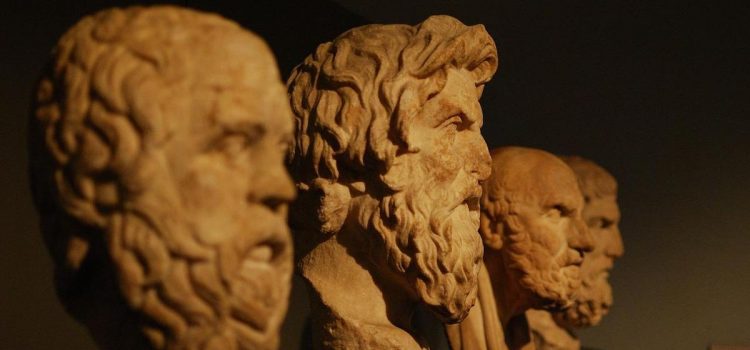What are your true reasons for doing what you do? What do you want people to think your reasons are? In The Elephant in the Brain, software engineer Kevin Simler and economics professor Robin Hanson controversially argue that human behavior is driven by selfish motives—and that your own brain is hiding them from you. They contend that humans evolved to appear selfless even as they put themselves before others. Read more for this intriguing discussion about human motives.
Human Motives: Why We Hide Our True Reasons










